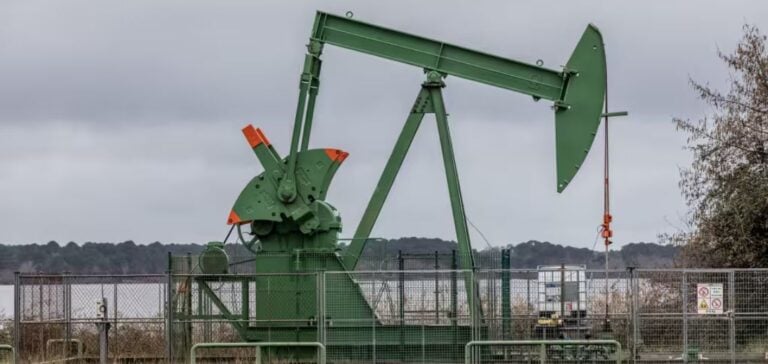Roland Lescure, French Minister for Industry, will unveil in Sens a call for expressions of interest from players in the hydrocarbon sector to submit CO2 storage projects. These projects could make use of former oil fields or gas aquifers, exploiting the potential that exists mainly in the Paris and Aquitaine basins.
National potential and storage targets
France, which produces 1% of the oil it consumes, has hydrocarbon concessions that could store around 800 million tonnes of CO2, covering the needs of French industry for fifty years. These storage sites are authorized to produce until 2040, thus aligning the national storage strategy with long-term decarbonization objectives.
Selection and implementation phase
Following the collection of proposals until July 26, a call for projects will be open until December. The selected sites will begin CO2 storage tests in early 2025. Four or five sites in France will be involved in this first wave of tests.
Economic viability and international competitiveness
The decision to store CO2 in France was motivated by the prohibitive cost of similar projects in the North Sea, led by Norway and Denmark. By locating storage in France, the Ministry estimates that it will be able to reduce transport and storage costs by two to three times compared with Nordic projects.
French industry, including fertilizer manufacturers, cement makers and chemists, is looking for solutions to capture the CO2 emitted. The Ministry stresses the importance of this technology in halving greenhouse gas emissions from industrial processes where no carbon-free alternative is available.






















